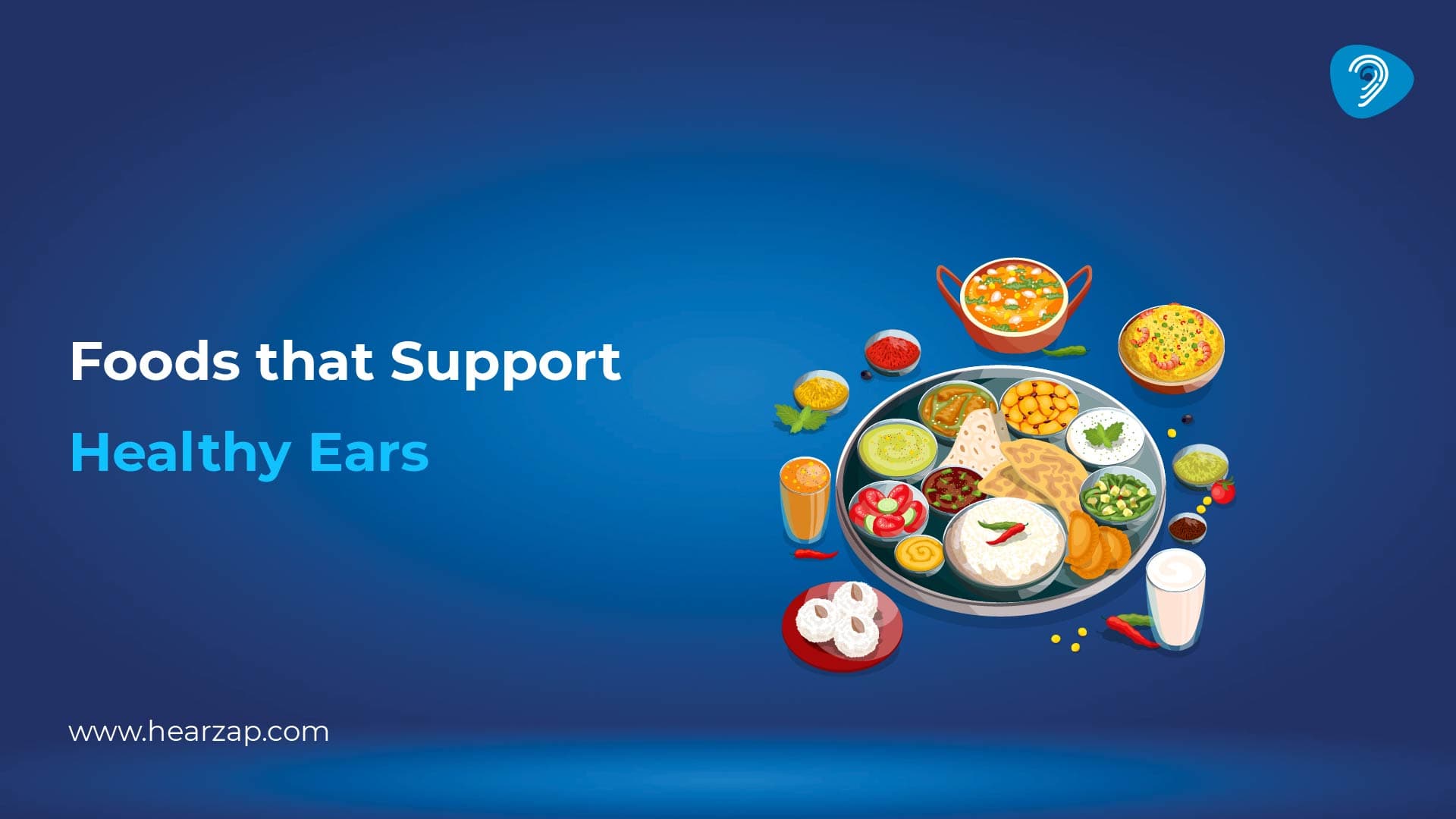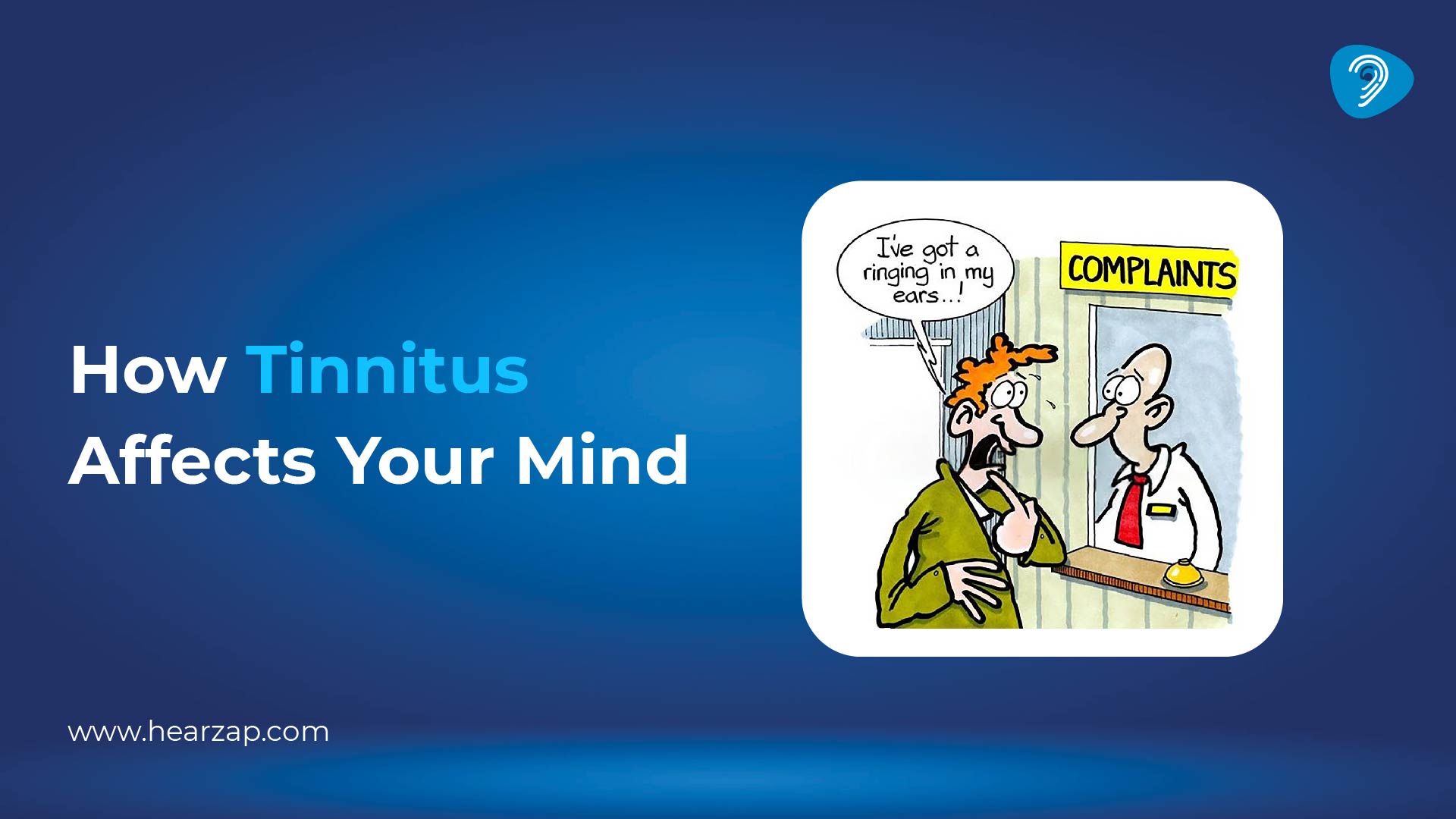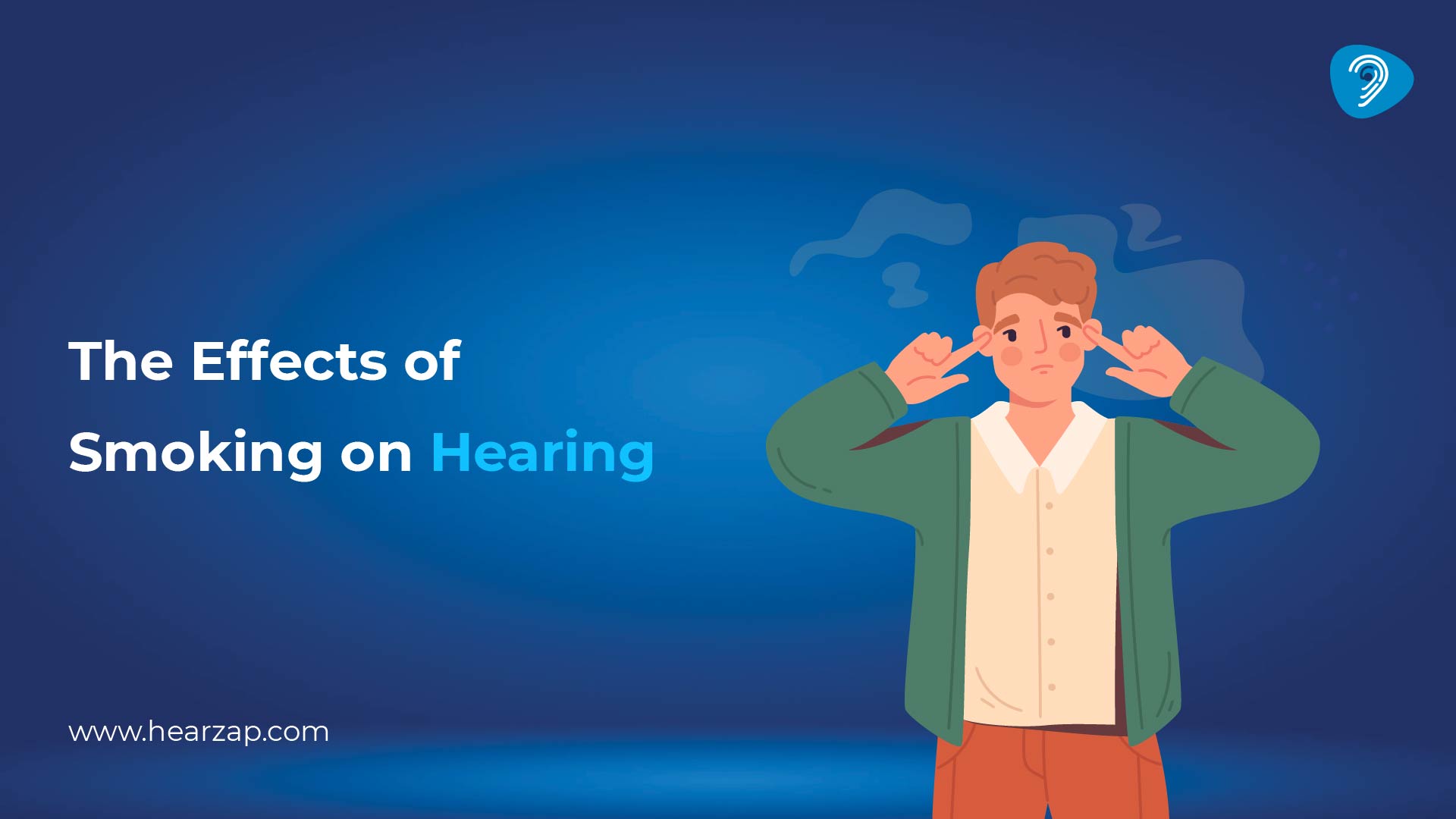Generic
What Foods and Nutrients Support Healthy Hearing?
By Team Hearzap | May 13, 2025
When you think of protecting your hearing, what comes to mind? Earplugs at concerts? Turning down the volume? Regular hearing checks? All solid moves. But here's one you probably haven’t considered: what you eat.
Yes, the food on your plate could have just as much of an impact on your ears as their earbuds. Our hearing is closely tied to our overall health, and nutrition plays a surprisingly powerful role in keeping our ears sharp and sound-ready.
Let’s take a closer look at how what we eat can nourish not just our bodies but our ability to hear the world around us.

The Link Between Diet and Hearing Health
Your ears are small but incredibly complex. They rely on a steady supply of oxygen and nutrients to function properly, especially the inner ear and auditory nerve, which are responsible for transmitting sound signals to your brain.
Here’s the thing, a healthy diet supports blood flow, nerve function, and cellular repair, all essential for hearing. Poor nutrition, on the other hand, can contribute to oxidative stress, inflammation, and vascular issues, which may lead to gradual hearing decline.
Think of your ears as needing the same TLC you'd give your heart or brain. A nutrient rich diet keeps the delicate cells in your ears functioning well and may even protect against age related or noise induced hearing loss.
Top Nutrients for Healthy Hearing
1. Magnesium
What it does:
- Magnesium helps protect the inner ear from the effects of loud noises by regulating calcium levels in the ear and preventing oxidative damage.
Where to find it:
- Spinach, avocado, black beans, pumpkin seeds and whole grains.Magnesium can reduce the risk of noise induced hearing loss, especially when paired with vitamins A, C, and E.
2. Omega-3 Fatty Acids
What it does:
- Omega-3s reduce inflammation and support healthy nerve function, including the auditory nerve, which carries sound signals to the brain.
Where to find it:
- Fatty fish like salmon, sardines, mackerel, walnuts and chia seeds.
- A 2010 study found that people who eat fish twice a week have a significantly lower risk of age-related hearing loss.
3. Potassium
What it does:
- Potassium helps regulate fluid levels in the inner ear, which are essential for converting sound into electrical signals.
Where to find it:
- Bananas, sweet potatoes, white beans, oranges and potatoes.
- As we age, potassium levels tend to drop, making it harder for the ears to maintain proper fluid balance, which affects our hearing.
4. Zinc
What it does:
- Zinc boosts immune function and may help prevent ear infections, especially in children and older adults.
Where to find it:
- Pumpkin seeds, lentils, cashews, beef and chickpeas.
- Some studies suggest that zinc supplementation improve hearing recovery in people with sudden hearing loss.
5. Folate (Folic Acid)
What it does:
- Folate improves circulation and nerve function, helping your ears get the oxygen and nutrients they need.
Where to find it:
- Leafy greens like spinach and kale, asparagus, lentils and fortified cereals.
- Low folate levels have been linked to age related hearing loss. A well fueled blood supply equals healthier ears.
6. Vitamin B12
What it does:
- B12 supports the auditory nerve and helps prevent nerve damage that could impair hearing.
Where to find it:
- Eggs, dairy products, meat, fish, fortified plant milks
- People with B12 deficiency often experience ringing in the ears (tinnitus) and may have higher risks of hearing loss.
7. Vitamin D
What it does:
- Vitamin D keeps your bones strong, including the three tiny bones in your middle ear that are vital for sound transmission.
Where to find it:
- Egg yolks, dairy products, fortified foods, and sunlight exposure.
- Deficiencies in Vitamin D have been associated with hearing disorders, especially related to bone health.
8. Antioxidants (Vitamins A, C, E)
What they do:
- Antioxidants fight free radicals that can damage the delicate cells of the inner ear, particularly in noisy environments.
Where to find them:
- Carrots (A), citrus fruits (C), almonds and sunflower seeds (E)
- When combined with magnesium, these antioxidants offer powerful protection against hearing loss due to noise exposure.
Foods That Naturally Support Hearing Health
Let’s bring it all together with real, everyday foods that are kind to your ears.
1. Leafy Greens
These are rich in folate, vitamins A and C, these are your go to for boosting circulation and cell repair.
- Spinach
- Kale
- Swiss chard
- Romaine lettuce
2. Fatty Fish
Full of omega-3s and vitamin D, these help reduce inflammation and maintain nerve health.
- Salmon
- Mackerel
- Tuna
- Sardines
3. Bananas & Potatoes
Here are some excellent sources of potassium to keep your inner ear’s fluid levels balanced.
- Bananas (great on the go)
- Sweet potatoes
- White potatoes (boiled or baked)
4. Pumpkin Seeds
Tiny but mighty, these pack a punch with zinc and magnesium.
- Roasted pumpkin seeds
- Add to smoothies, salads, or yogurt bowls.
5. Eggs & Dairy
Loaded with B12 and vitamin D, these support auditory nerve function and bone health.
- Boiled eggs
- Greek yogurt
- Fortified plant-based milks (for dairy-free folks)
Foods That May Harm Hearing
Just like certain foods support your hearing, others can quietly chip away at it. Here’s what to minimize:
1. Excess Salt
Too much sodium can raise blood pressure and increase fluid retention in the ear, leading to pressure and hearing issues.
2. Processed Sugars:
High sugar levels cause inflammation and can disrupt nerve function, including the auditory nerves.
3. Saturated Fats
Found in fried and fatty meats, these can restrict blood flow, reducing oxygen to the ear cells.
4. Alcohol
In large amounts, alcohol can damage the auditory cortex and the tiny hairs in the inner ear responsible for detecting sound.
Tips for a Hearing-Healthy Diet
Small changes can make a big difference in preserving your hearing. Here’s how to keep your ears in tip-top shape:
- Eat the rainbow: The more colorful your plate, the more variety of ear-friendly nutrients you're getting.
- Hydrate: Inner ear health relies on proper fluid levels—so don’t skimp on water.
- Cut back on processed foods: These are usually high in salt, sugar, and unhealthy fats.
- Snack smarter: Swap chips for nuts, fruit, or pumpkin seeds.
- Focus on whole grains and healthy fats: Think brown rice, oats, avocado, and olive oil.
Good hearing isn't just about what goes into your ears. It’s also about what goes onto your plate. By fueling your body with the right nutrients, you’re not only supporting your overall well being but giving your ears the best chance at staying sharp for years to come.
Your next bite could be music to your ears!
Also Read: How to Maintain Good Hearing Health
Contact us
We are here for all your hearing needs, from hearing tests to hearing aids. Fill out the form below, and we will give you a call soon.
Please enter a valid mobile number with 10 digits.
Recent Blogs
By None | Feb. 16, 2026
By None | Feb. 9, 2026
By None | Feb. 7, 2026
By None | Feb. 6, 2026
By None | Feb. 5, 2026











